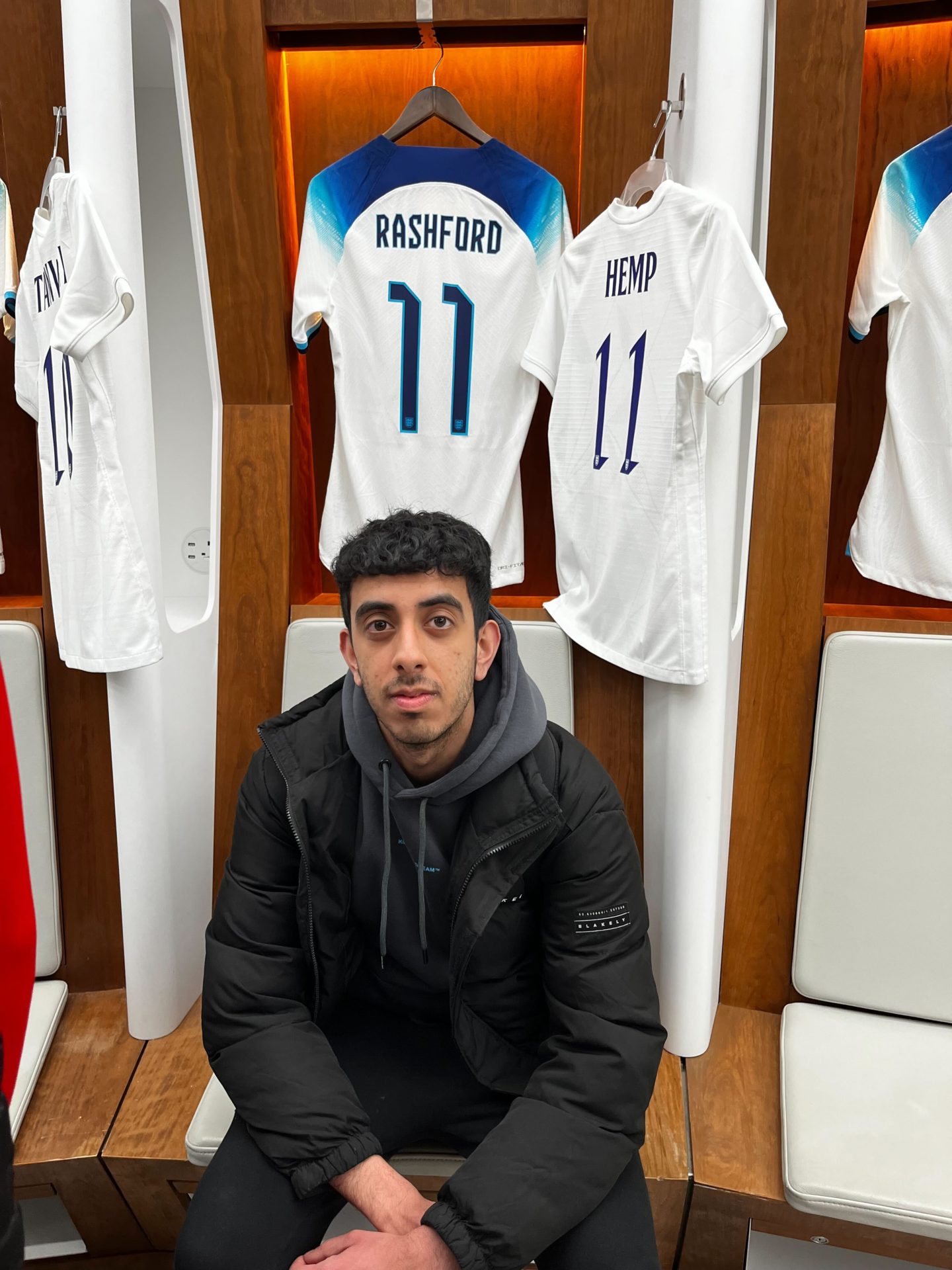Fosun’s plans for Wolves have been highlighted with the completion of a major refinancing agreement.
In recent seasons, the Old Gold have struggled to invest significantly in the transfer market due to strict FFP and PSR regulations.

Fosun took over Wolves in 2016 and have since overseen the club’s rise from the Championship to the Premier League, securing European qualification and significant commercial growth along the way.
However, Fosun have come under scrutiny from fans in recent times due to their lack of investment in the squad, which contributed to the club being dragged into a relegation battle last season.
While the club maintains that deals like the £100m refinancing provide long-term stability, supporters are concerned about short-term impacts on performance.
Wolves partner with PGIM in £100m funding arrangement
Although Fosun have faced criticism for their footballing decisions, their commercial management has successfully grown the club’s profile and revenues.
As reported by football finance expert Kieran Maguire, Wolves have completed a £100m refinancing agreement with PGIM.
The deal extends debt maturities to six years, giving the club more financial freedom in the short term.
Adam Williams, our finance expert, breaks down the club’s latest financial move.
He said: “What Wolves have done here is rolled over an existing bank loan, refinancing it in the process. That means repayment of the principal amount isn’t due for some time, and they may have agreed more favourable terms that impact cash flow to a lesser extent in the short term.
“The money itself is likely to be used for day-to-day needs of the business – i.e., wages, operating expenses, paying transfer creditors and so on. Wolves paid about £15m in interest last season, which is pretty high. There were only a handful of Premier League clubs – Man United, Tottenham and Everton – who paid more.
“Wolves made an operating loss of £70m in that financial year and, even with player sales, they didn’t turn a profit. So if the owners themselves don’t want to provide all of the funding needed to run the club, external debt is the only recourse they have.”
Fosun must keep investing in the squad
Wolves’ poor recent home record in August and September is mainly due to Fosun’s slow approval of transfer deals early in the window, which has contributed to disappointing starts each season.
With the Old Gold currently facing the threat of a relegation battle for the second consecutive season, timely investment in the squad is crucial.
Other Premier League clubs sell key players but reinvest those funds immediately to strengthen their teams.
Fans have warned Fosun about being too comfortable by aiming for a mid-table finish each season and are demanding that the owners aim higher.
To ensure sustained competitiveness in the Premier League, the owners must balance financial prudence with the ongoing need to strengthen and invest in the first team.
Receive a digest of our best Wolverhampton Wanderers content each week direct to your mailbox



 Join the fan conversation
Join the fan conversation